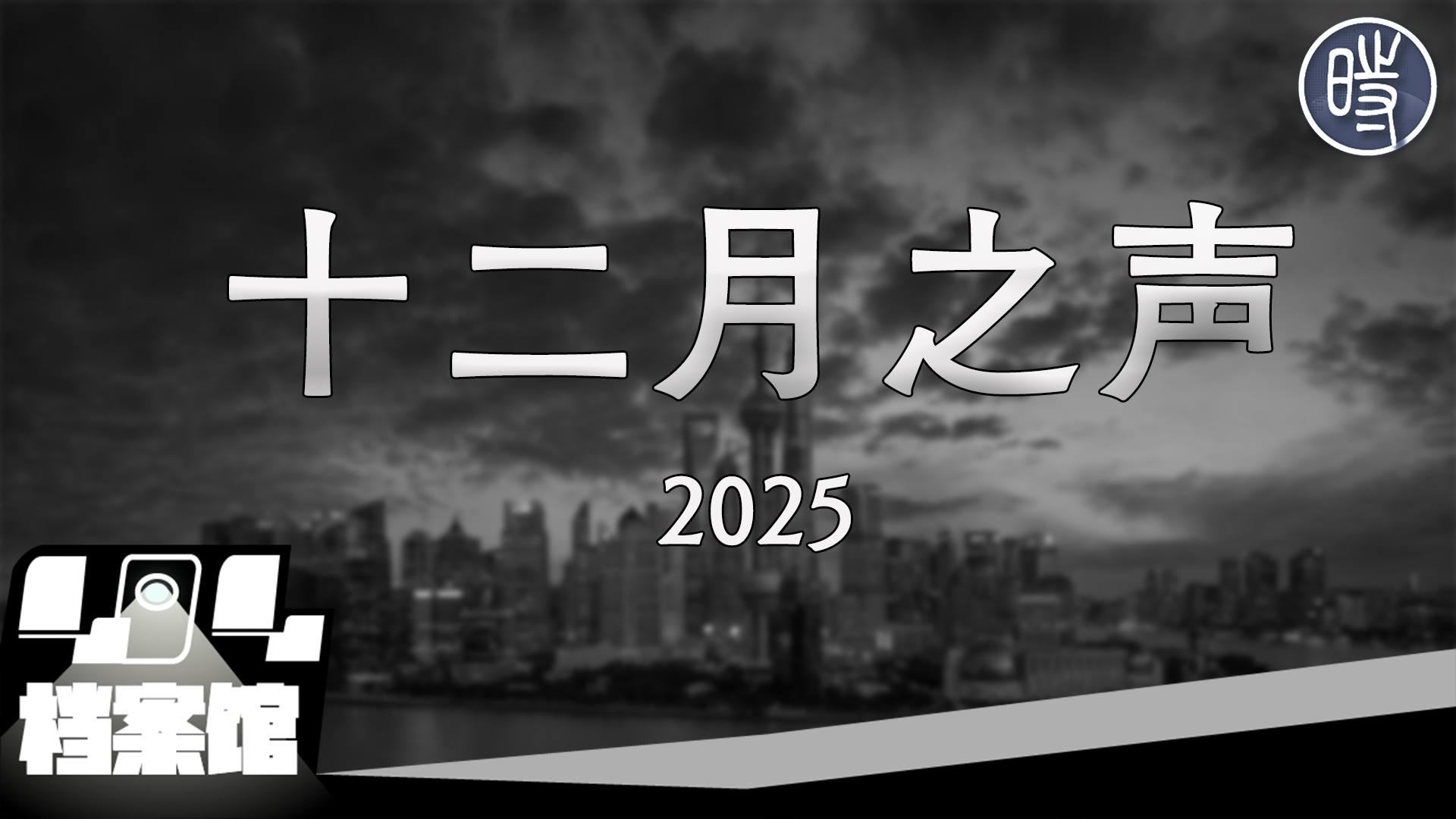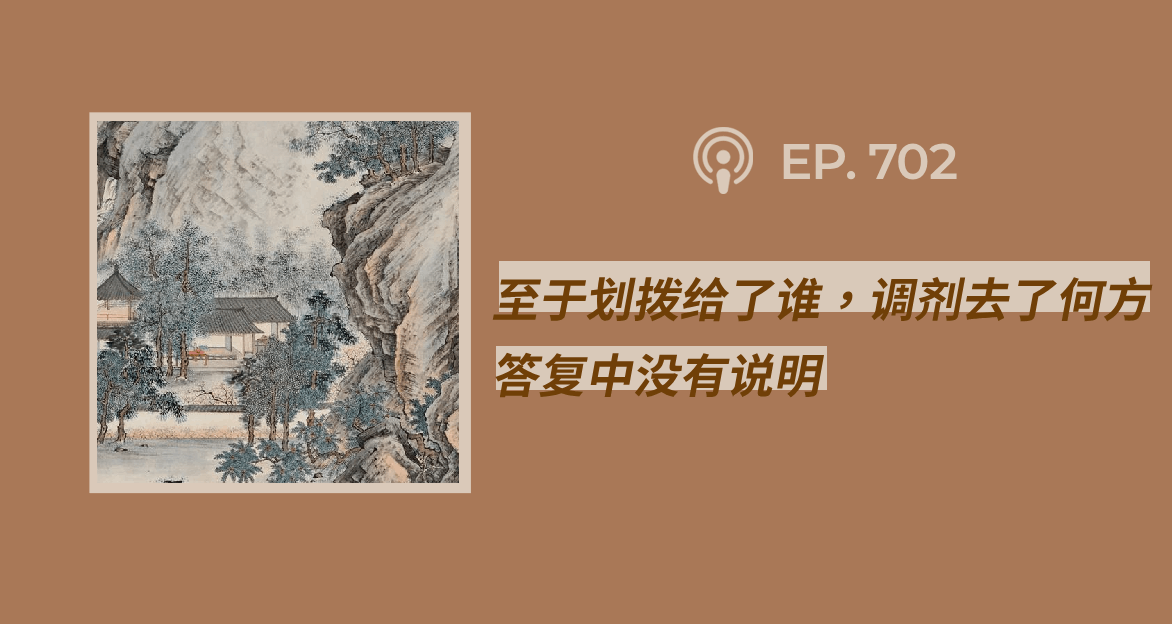原作者:
来源Slide Show: The Nation in the Nuclear Age | The Nation
译者lionbang
Destruction wrought by the first atomic bomb used in warfare, Hiroshima, 1945 (1 of 7)
广岛,1945年受到战争中第一颗使用的原子弹带来的毁灭
Since the detonation of the first atomic bombs over the Japanese cities of Hiroshima and Nagasaki in August of 1945, The Nation has been appropriately fearful of the singular devastation that nuclear weapons can wreak upon the earth and equally skeptical of the promises of nuclear energy offers on the homefront. In 1945, editor Freda Kirchwey, while allowing that the bombs did indeed end World War II, argued that if the assumptions made in deciding to bomb Japan were repeated in the future, “the chance of saving civilization—and perhaps the world itself—from destruction is a remote one.” More than fifty years later, Jonathan Schell, the premier nuclear writer of his generation, echoed many of Kirchwey’s contentions in a seminal opus, “The Gift of Time,” making the case for nuclear abolition, a position that the magazine holds proudly to this day.
自从1945年八月在日本广岛以及长崎响起第一颗原子弹的爆炸声,《国家》杂志就一直适度担忧,核武器一次就可以毁掉地球,而且对承诺把核能源用于国内持有怀疑。即令是1945年原子弹终结了第二次世界大战,编辑弗雷达·柯奇当时就说过,如果未来再次重复一次轰炸日本这样的决定,“以毁灭来拯救文明——或者说是世界本身——那就是痴人说梦。”50年之后,与他同时代的专以核武器为素材的重要作家乔纳森·席尔(Jonathan Schell)就以一部具有开创性的作品《时代的礼物》,来响应柯奇伟的争论,用事实来证明废除核武的必要性,本杂志也至今很荣幸地持有此观点。
In honor of this month’s 38th anniversary of the June 12 anti-nuclear rally in New York City’s Central Park—the largest anti-nuclear event in US history—we’ve assembled a series of related articles and photos from The Nation’s archives.
为了纪念6月12日在纽约中央公园反核游行——美国历史上最大的反核事件——38周年,我们从《国家》杂志的档案中收集了一组相关文章。
The first hydrogen bomb, “Ivy Mike,” detonating over the Enewetak atoll, 1952 (2 of 7)
埃尼威托克环礁引爆第一颗氢弹,“艾维·迈克”(“Ivy Mike”)[首颗氢弹实验的代号]
After the detonation of nuclear bombs at the end of World War II, the world moved deeper into the atomic age and the nuclear standoff between the superpowers. An even more apocalyptic bomb was created, the H-bomb, in which US military planners invested their most fervent hopes in the theory of deterrence. The problem with this mindset, as The Nation’s editors wrote in 1952, is that “Fear of the destructiveness of modern war can only be a temporary deterrent….since fear rules out security.”
在第二次世界大战末期引爆核弹之后,世界步入原子时代,深深陷入超级大国之间的核对峙之中。之后甚至造出了更能造成世界末日的炸弹,氢弹。美国的军事计划者们想当然地对威慑理论抱有热切期望。正如,《国家》杂志的编辑于1952年写到的,他们这种心态的问题就是,“对现代战争破坏性的恐惧只是暂时威慑…>因为恐惧战胜了安全。”
Comedian Dick Gregory at a Clamshell Alliance rally (3 of 7)
漫画家迪克·格雷戈里(Dick Gregory)在一次翻盖反核联盟集会中
In the decades after nuclear power was first used for war, the new technology began to be harnessed to more peaceful—though no less controversial—ends. In April of 1977, at the height of public opposition to nuclear power, 2,000 concerned citizens descended on a $2 billion, 2,300-megawatt atomic plant construction site in Seabrook, New Hampshire. The occupation, organized by an anti-nuclear coalition known as the Clamshell Alliance, resulted in two weeks of arrests, lawsuits and court dates, which greatly increased the general awareness of the movement against nuclear power. As described in The Nation, the ensuing controversy “focused international attention on the nuclear issue” as it became clear that “thousands of citizens were now willing to face arrest and imprisonment in order to call a halt to atomic reactor construction.”
在核能源首次用于战争的几十年后,人类也驾驭此技术,开始用于和平目的——尽管争议未减。1977年四月,是公众反对核能的最高潮,2000名市民来到耗费20亿美元供电2 300兆瓦的坐落于新罕布什尔州,西布鲁克的核电站施工现场示威。此活动由翻盖反核联盟组织,在之后的两周里就有多人被拘捕,受到诉讼与传讯。这大大增加的民众的反核意识。正如《国家》杂志说言,随之而来的争议“主要集中于国际社会对核问题的关注”,因为很显然“数千名居民为了阻止核反应堆的建设,甘愿面对拘捕与监禁。”
Cooling towers at Three Mile Island (4 of 7)
三英里岛上的冷却塔
When a meltdown caused large quantities of radioactive gas to leak from a reactor on Pennsylvania’s Three Mile Island in 1979—constituting the worst accident in the history of American nuclear power—plant workers and residents in surrounding areas reacted with astonishing poise and grace. Reporting from the nearby town of Harrisburg, Ira D. Rosen captured the bizarre combination of altruism and gallows humor the disaster prompted in the community. “The dreamlike quality of the fear,” Rosen wrote, “the unseen assassin in the night ready to strike this fragile city down with a cloud of clear vapor, brought the people together for comfort and safety.”
当1979年宾夕法尼亚州的三英里岛的核反应堆泄露大量放射性气体——美国核能历史上最严重的一次事故——造成灾难之时,核电站工人以及这里的居民以一种令人吃惊的优雅与风度做出回应。伊拉·D·罗森捕捉到这次灾难在这个社区推动的利他行为与充满怨恨幽默柔和的奇怪味道。“梦幻般的恐惧,”罗森写道,“暗夜间,隐形杀手带着一片蒸汽云随时准备向这个脆弱的城市袭来,把人民团结起来,带来安逸与安全。”
President Clinton signs the Comprehensive Nuclear Test Ban Treaty at the UN, 1996 (5 of 7)
克林顿总统1996年签署《全面禁止核试验条约》
In December of 1997, the Clinton Administration made a quiet but important change to America’s doctrine on nuclear arms strategy, marking the first revision since the thick of Cold War tension in 1981. Instead of charting a course toward eventual nuclear abolition, however, the White House simply removed “from presidential guidance all previous references to being able to wage a nuclear war successfully or to prevail in a nuclear war.”
1997年12月,克林顿政府改变战略核军备的信条,毫不声张但是意义重大。自从1981年冷战紧张局势缓解以来,做出第一次修正。然而,白宫没有规划最终走向消除核武器,而是仅仅是“丢掉以前所提到总统有权发起核战争或主导核战争的信条。”
Alarmed by Clinton’s failure to depart from Reagan-era nuclear thinking, The Nation’s Jonathan Schell issued a strong call for the abolition of nuclear arms. “Now that the war is over, can’t we stand down the arms that were built to fight the war?” Schell asked. “Can’t we and they together not dismantle the system of nuclear terror under which we have all been living? Can’t we, at long last, abolish nuclear weapons?”
克林顿没有丢掉里根时代的核思维,这引起了忧虑。乔纳森·席尔发表一篇文章,强烈呼吁废除核武器。“既然战争已经结束,难道我们就不能放下只有战争才用到的武器吗?”席尔这样问道,“难道我们与他们就不能一起携起手来,解除一直所笼罩我们所有人生活的核恐怖系统?难道我们废除核武器真是遥遥无期吗?”
President Obama passing a battered UN flag, October, 2009 (6 of 7)
2009年10月,奥巴马总统从一面磨损的联合国旗帜前走过
President Obama made history in April of 2009 when he proposed abolishing nuclear arms as not just a legitimate but also a critical goal. “With these words came a change in the global air,” Jonathan Schell wrote, “as if a window had been opened a crack in a dark room that had been sealed shut for decades.”
奥巴马总统于2009年走出历史性的一步,他表示,废除核武器不只是理所应当,而且是重要的目标。“这些言辞在全球引起变化,”乔纳森·席尔写道,“就仿佛是尘封的小屋多年处于黑暗之中,窗户露出一丝缝隙,阳光悄悄走进。”
But the dark room was quickly re-sealed as Obama went on to explain that nuclear disarmament would not “be achieved quickly, perhaps not in my lifetime.” Instead, Obama promised to work toward a “basic bargain” of countries with nuclear weapons moving toward disarmament and countries without nuclear weapons not acquiring them. “Obama says he is prepared to postpone abolition until he has died,” Schell wrote. “He is 47. I wish him long life. Let us free the world of nuclear weapons while he is still among us.”
>但是窗户还未完全打开,屋子又复黑暗。之后奥巴马解释,废除核武器不会“很快实现,或许不会在我有生之年实现。”相反,奥巴马承诺会致力于“最基本的协议”,使拥有核武器的国家朝裁军迈进,使没有核武的国家不要获取。“奥巴马说他准备有生之年不会搁置废除计划”席尔说,“现在他是47岁。我希望他活得长点。与我们一起看到一个无核世界。”
The Atomic Bomb Dome Peace Memorial in Hiroshima (7 of 7)
广岛原子弹和平纪念圆塔
As the Obama administration prepared to complete its Nuclear Posture Review this April, Jonathan Schell wrote that the unique character of our contemporary nuclear dilemmas demand that we confront some tough facts.
就当奥巴马政府今年四月完成《核态势评估》之时,乔纳森·席尔写道,我们现代显著的核困境要求我们面对一些严酷的现实。
In the face of advancing technologies and the attendant accessibility of nuclear weapons, Schell called once again for the abolition of nuclear arms, starting right here in the US. The bottom line, while incredibly difficult for countries possessing nuclear weapons to accept, is simple: “Proliferation [of nuclear weapons] can’t be stopped unless possession is dealt with concurrently… This is a truth, however, that the world’s nine nuclear powers do not like to acknowledge, because it has an implication that they are reluctant to accept, which is that if they want to be safe from nuclear danger they must commit themselves to surrendering their own nuclear arms.”
面对先进的技术以及相伴的容易获得核武器,席尔就在美国再一次呼吁废除核武器。尽管拥有核武器的国家很难接受,这底线其实很简单:“除非同时解决掉拥有的问题,否则[核武器]扩散无法停止…
Credit: AP Images
图片来源:联合通讯社图片
译者:lionbang
不得用于商业用途,转载请联系译者。
请看原文:
【国家】核时代的国家





















